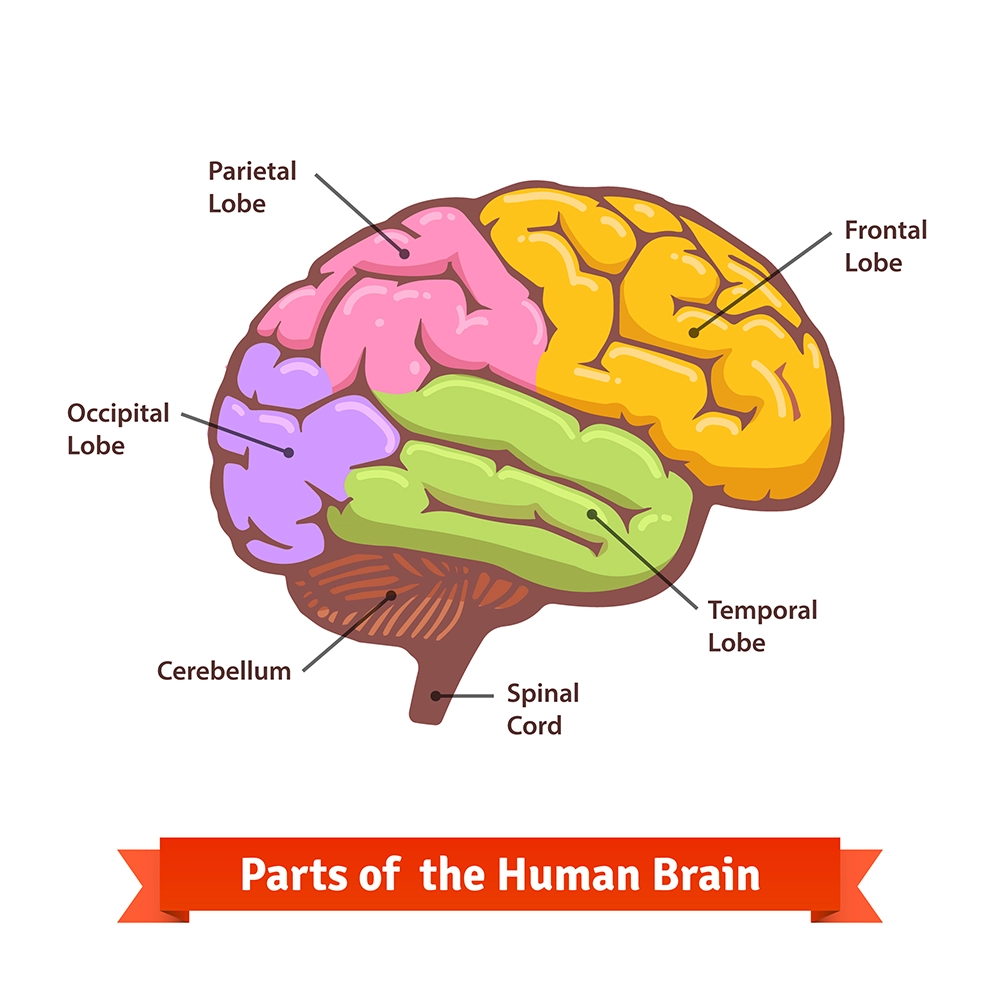Neurology stands as the medical frontier dedicated to the intricate workings of our nervous system. This branch zeroes in on the diagnosis, management, and treatment of conditions affecting the brain, spinal cord, and the vast network of nerves.
Our brain, a marvel in itself, is home to billions of neurons. These neurons play a pivotal role in transmitting signals and ensuring our body functions seamlessly. Neurology encompasses three primary systems:
From congenital issues to age-related conditions like Alzheimer’s, neurology offers insights and solutions to a myriad of challenges. Historical records show that conditions like Parkinson’s have been recognized for centuries, showcasing the long-standing relationship between humans and neurological disorders.

Today’s neurologists are equipped with state-of-the-art tools. Techniques such as MRI scans and EEGs have become staples in diagnostic procedures. The analysis of cerebrospinal fluid, a protective layer around our brain and spinal cord, aids in pinpointing infections.
The path to mastering neurology is demanding. After foundational studies, there’s a stint in medical school, followed by specialized training. These experts not only diagnose but also collaborate with other specialists, ensuring comprehensive care.
In sum, neurology remains a cornerstone in medical science, shedding light on the mysteries of our nervous system and guiding us towards better health outcomes.

Don’t wait. Your journey toward better neurological health is just a call away. Connect with us and take the first step towards a brighter, healthier tomorrow.
Understanding our health can be a complex journey. Yet, knowing when to turn to a specialist, such as a neurologist, can be crucial for maintaining optimal well-being. Neurologists are experts in diagnosing and treating conditions of the brain, nerves, and spinal cord. Here are some pivotal signs suggesting you might need their expertise:

Experiencing either excessive involuntary movements or a noticeable reduction in voluntary movements can be a sign of a neurological issue. It's essential to monitor any sudden or gradual changes in how you move.

A tremor is an unintentional, rhythmic muscle movement that can affect various parts of the body. If you notice your hands, arms, or any other body part shaking without a clear reason, it might be time to consult a neurologist.

Feeling stiffness, especially in the muscles, that doesn't resolve with rest or massage can be indicative of an underlying neurological condition. Persistent muscle rigidity should not be overlooked.

Experiencing frequent forgetfulness, difficulty in processing information, or challenges in performing familiar tasks can be early signs of cognitive decline or other neurological issues.

If you find yourself shuffling, dragging your feet, or having difficulty lifting them, it could be a sign of a movement disorder. Changes in gait or walking pattern should be taken seriously.

Feeling unsteady on your feet, frequently tripping, or having difficulty maintaining an upright posture can be indicative of balance-related neurological problems